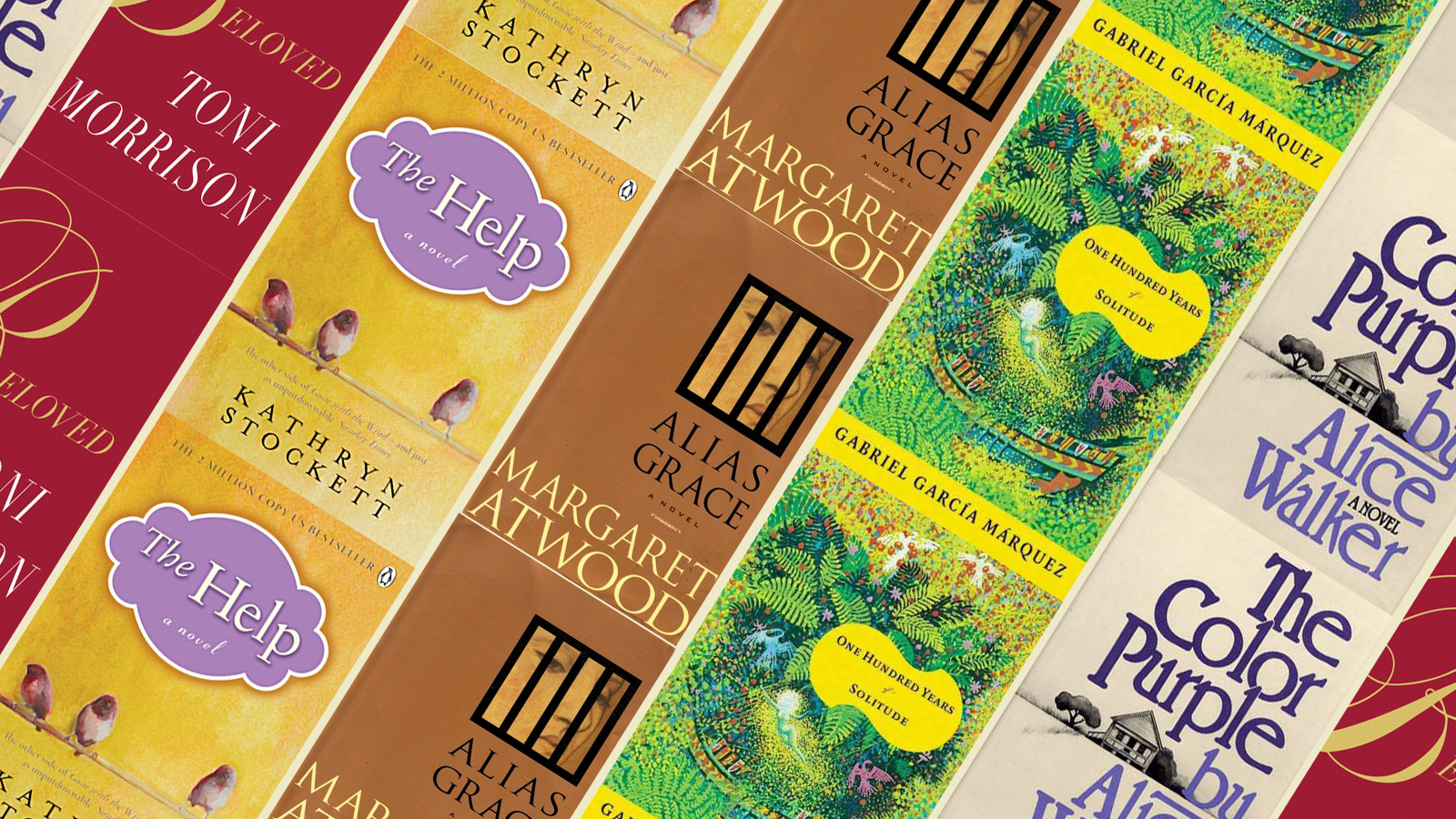
Contemporary literature gives readers a look at progressive writing styles that often reflect the world in which the works were written. Although often reserved for English or writing courses, recent novels can also be used in secondary social studies classrooms to teach about current events, political themes, economics, sociology, or even history.
These novels can have as much merit as a traditional textbook in teaching skills to analyze and reflect on writing and comparing and contrasting themes. Educators can use the following examples, in conjunction with the previously published references in “15 Classic Novels with Social Studies Themes,” as a guide to teach social studies themes.
1. Beloved 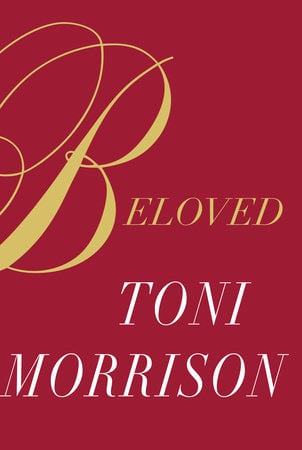
Author: Toni Morrison
Theme(s): post–Civil War era, slavery, emancipation
This Pulitzer Prize-winning novel is often referred to as Morrison’s literary masterpiece. Exploring the physical, emotional, and spiritual devastation wrought by slavery, Beloved follows the lives of Sethe and her daughter after their escape from slavery post–American Civil War. A deeply contemplative and haunting novel, at its heart, the narrative is a sentimental ghost story that encompasses the horrors and trauma experienced by African Americans throughout American history. Students can analyze how Morrison’s writing, with its rich language and elegiac tones, heightens the psychological effects of slavery and how her language shows that even with freedom and progress, scars endure.
2. The Kite Runner 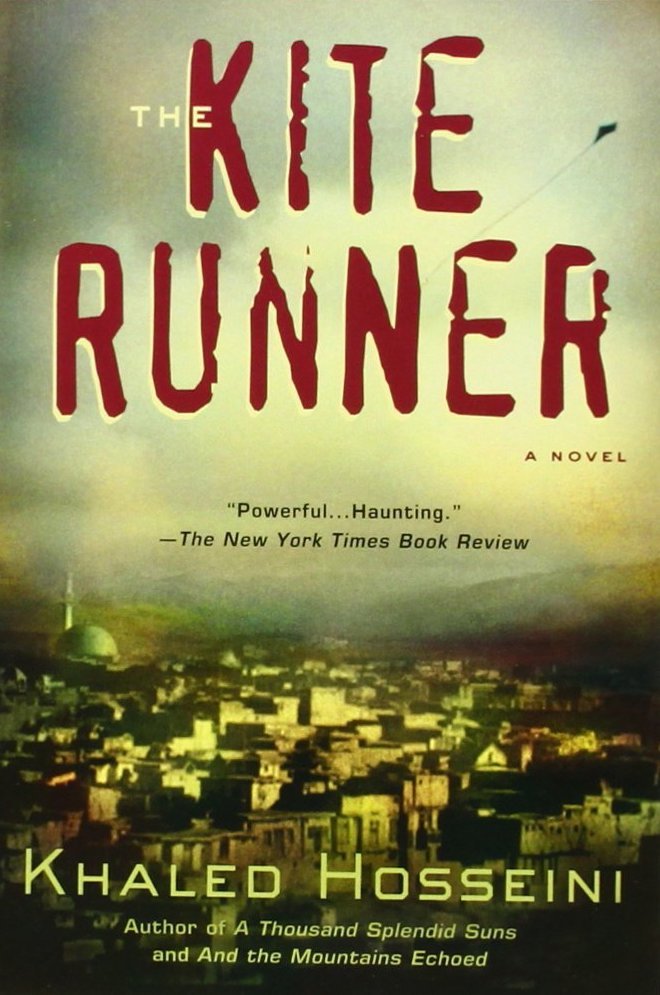
Author: Khaled Hosseini
Theme(s): the Middle East, social and ethic tension, immigration
Considered a contemporary classic, Hosseini’s novel is a coming-of-age tale about finding one’s place in a world of turmoil and transition. The Kite Runner explores the political, social, and cultural systems of Afghanistan and the Middle East as a whole through the guise of a tense historical novel. While it is a narrative about fathers and sons, friends and brothers, and the disparity between the majority (Sunni Muslims) and the minority (Shiʽa Muslims), at it’s core, it is a novel that delves into themes of right versus wrong and the nature of evil. I read this gripping novel as a sophomore in high school, and it still leaves an impact on me to this day. Students will be hard pressed not to relate to the themes in this novel and deepen their understanding of the various conflicts in the Middle East still occurring today.
3. The Things They Carried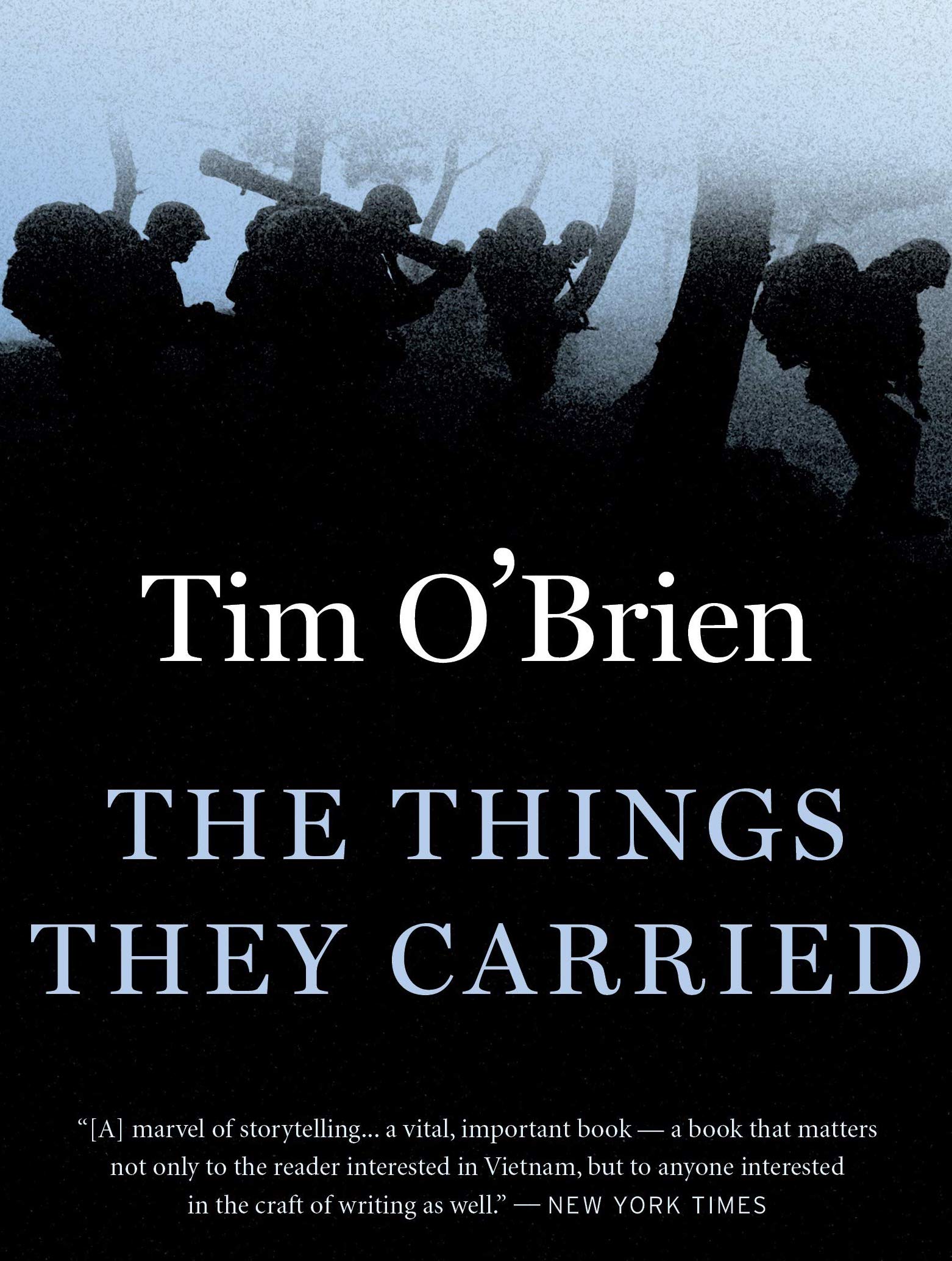
Author: Tim O’Brien
Theme(s): Vietnam War, military life, mortality
Neither a novel nor a short story collection, The Things They Carried is a series of vignette-like fictional episodes, taking place in the childhoods of its characters, in the jungles of Vietnam, and back home in America two decades later. Through O’Brien’s adept storytelling, an eye-opening narrative on war, memory, imagination, and mortality unfolds. Blurring the lines of fiction and nonfiction, each short story offers students an opportunity to dive into a different theme through poignant, unique storytelling.
4. The Name of the Rose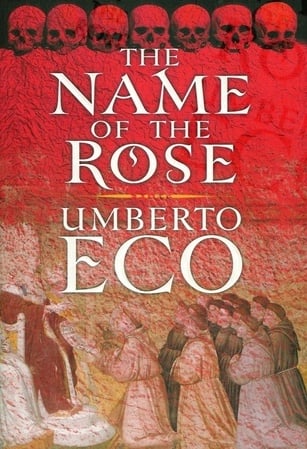
Author: Umberto Eco
Theme(s): the Middle Ages, religion, philosophy
Eco deftly defies the historical fiction genre with his murder-mystery set in a 1327 Italian monastery, where some dubious monks are attempting to decipher evidence to solve crimes. Using philosophical tools, including the logic of Aristotle, the theology of Aquinas, and the empirical insights of Roger Bacon, The Name of the Rose takes readers on a journey that explores a range of topics like medieval history, heretics, vows of poverty, and gospel interpretations. The novel is rich with Latin and Greek primary sources and philosophical themes that will give students the opportunity to deepen their analytical skills.
5. The Color Purple 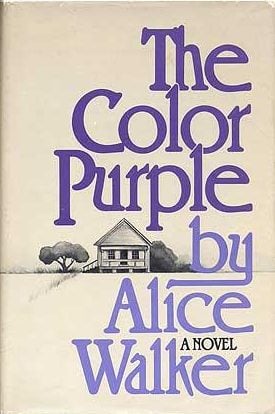
Author: Alice Walker
Theme(s): the South, racism, gender roles
Another Pulitzer Prize–winning contemporary novel, The Color Purple takes place in two distinct settings—rural Georgia and a remote African village—both experiencing problems of race and racism, which is explored through deeply developed characters. The novel is also an extended meditation on the nature of men, women, and their expected gender roles. Walker celebrates the theme of family, through strong female characters and repentant male ones, and the fact that traditional familial roles are fluid and often overlapping, as part of a long arc toward equality and greater understanding.
6. One Hundred Years of Solitude
Author: Gabriel García Márquez

Theme(s): Latin American history, family, socioeconomic status
One Hundred Years of Solitude is an intriguing landmark novel that chronicles six generations of the Buendia family. This novel is an exemplary example of magical realism, where the supernatural is presented as mundane and, vice versa, the mundane as extraordinary. García Márquez explores the complexities of Latin American history and criticizes members of the upper-class who are unable to understand the mistakes of their past and learn from them. Perhaps the most dominant theme in the novel is that of solitude, which is representative of the colonial period in Latin American history, where outposts and colonies were isolated. Students may find the deeply allegorical narrative lengthy, but the lasting influence it can have on readers will make it well worth the read.
7. Wolf Hall
Author: Hilary Mantel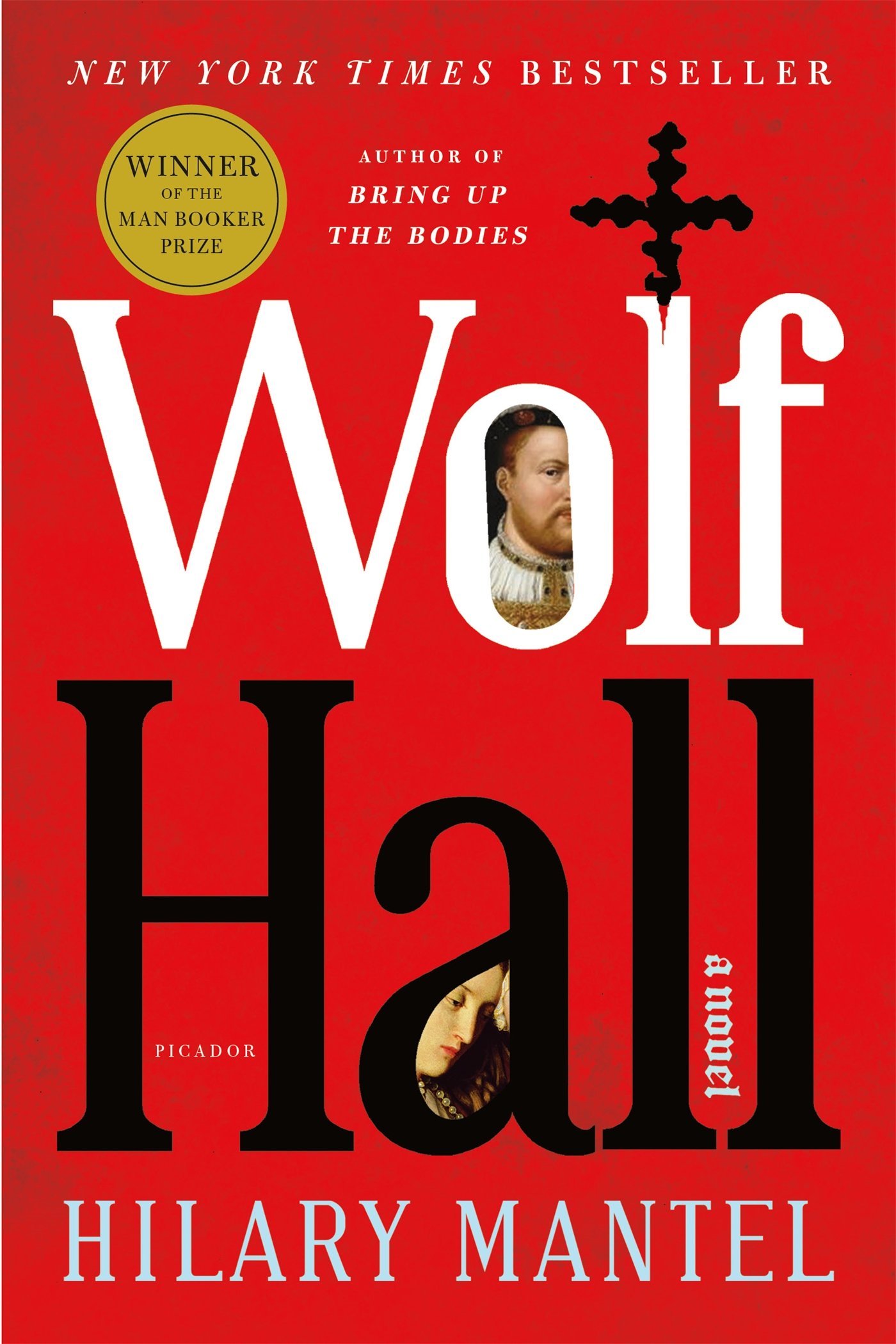
Theme(s): Tudor England, religious politics
At first glance, Wolf Hall is a historical epic that covers the reign of King Henry VIII, one of the most controversial kings in England’s monarchy, and his adviser, Thomas Cromwell, a significant figure in British history and in the history of Christendom. However, the novel is more than just Cromwell’s rags-to-riches journey into becoming an indispensable public servant in Henry’s court, but rather a psychological exploration of the inner-workings of his ambitious mind and how religious politics worked within a deeply intertwined church and state. In the world history or civics classroom, students can use the novel to compare and contrast religious and political power throughout history and explore how it may vary in democracies around the world.
8. Alias Grace
Author: Margaret Atwood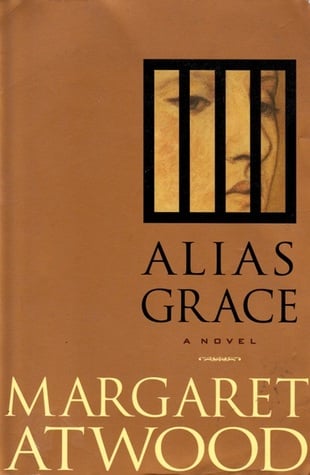
Theme(s): Victorian era, society, female gender roles
Based on the real-life account of Grace Marks, one of the most notorious Canadian women of the 1840s, who was convicted of murder at the age of sixteen, Atwood’s novel is a deeply contemplative, psychological dive into the double-standards females have faced throughout history. A novel that spans thirty years in the early 1800s, Alias Grace takes readers on a “what-could-have-been” journey into the life of Marks, exploring traditional gender roles and societal norms during the Victorian era. Intentionally written to be a thought-provoking and provocative comparison to how females are still fighting in modern day, the novel will give students plenty of themes to spark discussion.
9. Things Fall Apart 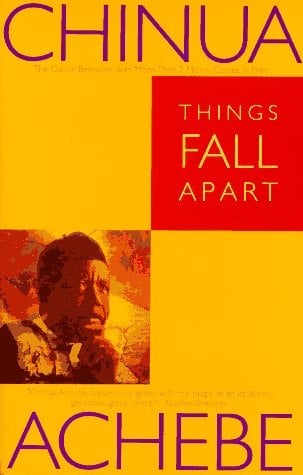
Author: Chinua Achebe
Theme(s): African history, colonialism, Eastern versus Western culture
Often viewed as a milestone novel in African literature, the story chronicles pre-colonial life in Nigeria versus the arrival of Europeans during the late nineteenth century. A novel that spans many changes in African history, Achebe powerfully juxtaposes different layers of society, both within the African tribe, and within the colonialist community. Things Fall Apart is a novel of many contrasts—colonialism and traditional culture, animism and Christianity, the masculine and the feminine—it is also a powerful account of an African culture that is often forgotten or overtaken in literature. This book can be the perfect addendum to deepen understanding for students who are studying units on world history and colonialism.
10. Clay Walls 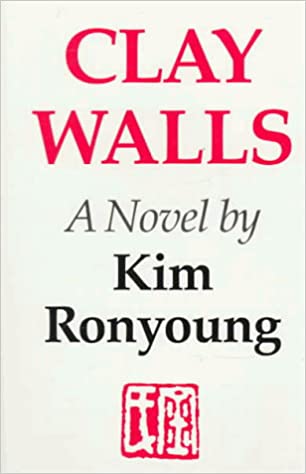
Author: Ronyoung Kim
Theme(s): post-World War I, immigration, Korean culture
At first glance, Clay Walls is the story of a Korean family of immigrants coming to America in the years following World War I and attempting to find their place in society. However, Kim’s deliberate storytelling takes the reader one step further exploring clashes between cultures, traditional gender roles, and racism both from the viewpoint of the Korean family and their experience from others. A novel of quiet power and sensitivity, it is a fascinating study of how class expectations shape gender attitudes, and the resilience of many immigrant families. This book can be used in world history units studying modern Asian culture, or added to a United States history curriculum to study immigration.
11. The Plot Against America
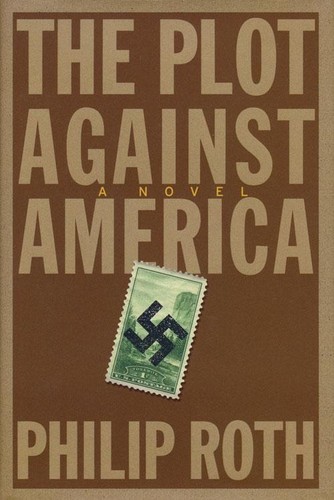
Author: Philip Roth
Theme(s): World War II, Jewish American culture, alternative history
Arguably the most controversial novel on this list is Philip Roth’s alternative history novel, The Plot Against America. Roth sets readers in a world where Charles Lindbergh, the famed American aviator and notorious anti-Semite, is elected president of the United States; shortly thereafter, he negotiates an “understanding” with Hitler and the Third Reich, embarking the new United States on a similar mission of extermination. A visceral and haunting work, Roth’s protagonist, a fictionalized version of himself, explores the terrifying ramifications of being a Jewish-American youth growing up in this environment. Students will find various historical, cultural, and political themes as well as modern-day comparisons to examine in this compelling story.
12. The Help 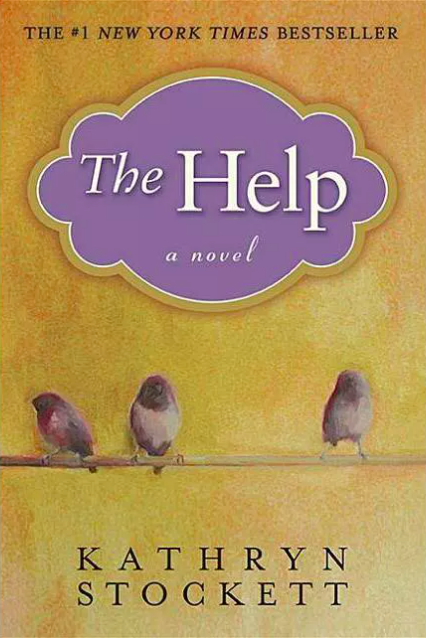
Author: Kathryn Stockett
Theme(s): The South, Civil Rights Movement, human rights
At its heart, The Help is a story that discusses the lines drawn between people of different race, gender, and class in Jackson, Mississippi, during the early 1960s. This story encompasses a time in Southern history when black women were relegated to being domestic workers in white households and endured racism from their employers. The uplifting, moving story not only places the people and events in a real historical context, but Stockett crafts relatable heroines through which the unfairness of the social structure is fully realized. Students studying social studies can use this novel to compare and contrast real-life accounts from individuals who lived through the civil rights era to further understand the African American experience and learn more about the fight for equality.
Seeking more curriculum and activity resources?
Discover what our professional learning department can offer you
Monet Hendricks is the blog editor and social media/meme connoisseur for Social Studies School Service. Passionate about the field of education, she earned her BA from the University of Southern California before deciding to go back to get her master’s degree in educational psychology. She currently attends the graduate program at Azusa Pacific University pursuing advanced degrees in school psychology and Applied Behavior Analysis. Her favorite activities include watching documentaries on mental health and cooking adventurous vegetarian recipes.